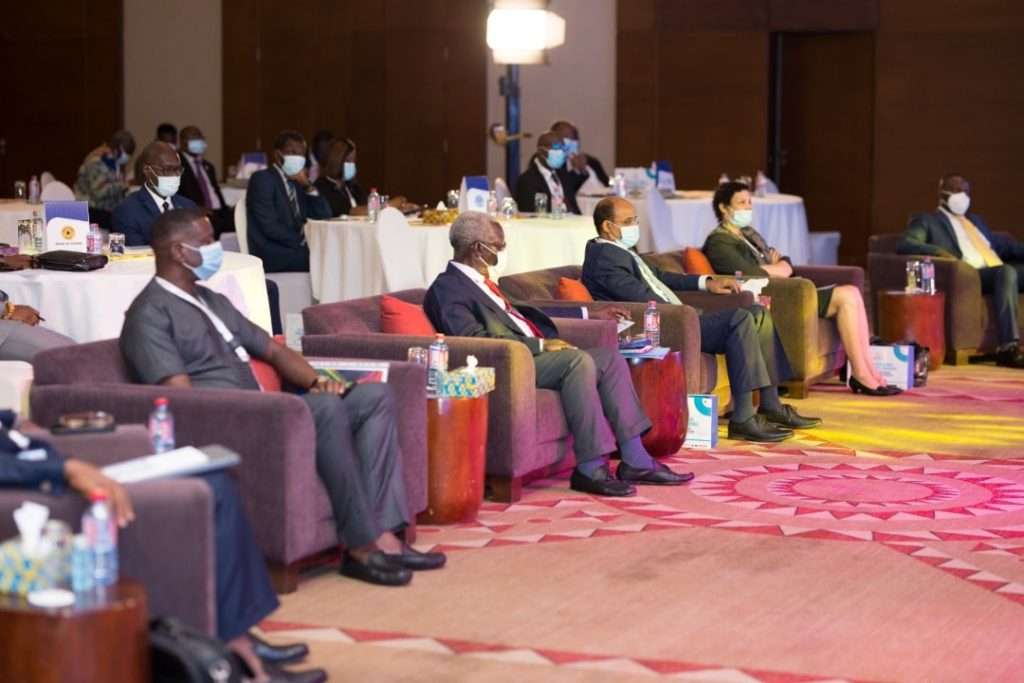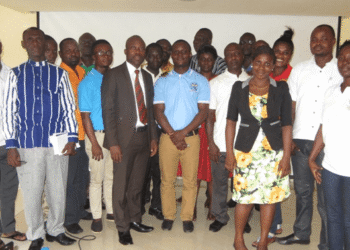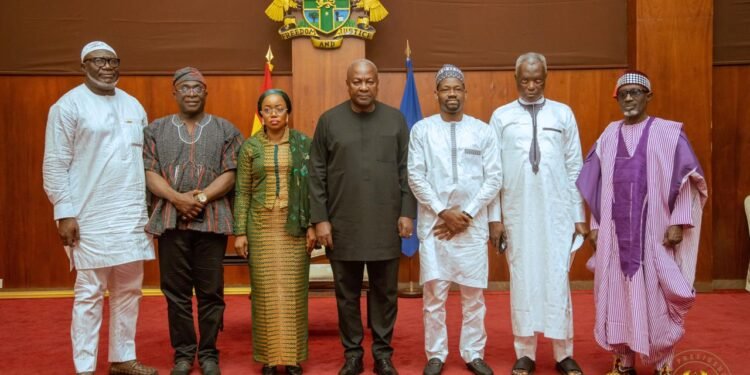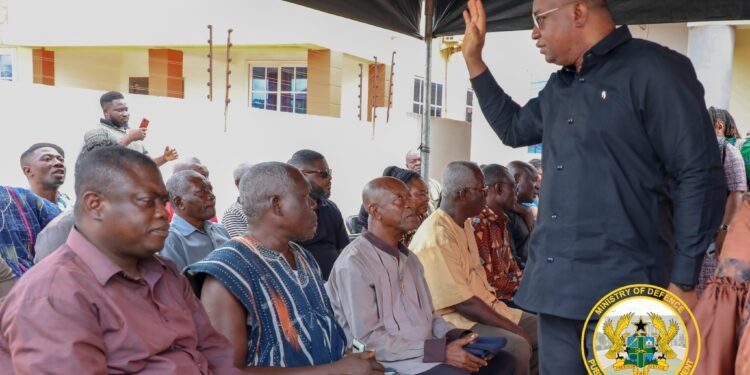Vice President Dr Bawumia says it is time for African governments to embrace digital currency such as bitcoin to facilitate trade and enhance other productive sectors of their economies.
Meanwhile, he lauded the Bank of Ghana’s decision to pilot digital currency later this year towards its nationwide roll-out in the near future. He noted that the move would give it the needed credibility and legal backing for usage.
Speaking at the Fifth Ghana International Trade and Finance Conference (GITFiC) in Accra, Dr Bawumia said, Intra-African trade has created the need to establish a Single Central Payment platform on the African continent where financial system operators could carry out all cross-border payments smoothly.
Vice-President Dr Bawumia noted that digitisation had become one of the most consequential policies of President Akufo-Addo’s government and pivotal towards increasing economic activities, macroeconomic stability, and growth.
“When the scourge of the COVID-19 pandemic hit and forced many economies into partial and total lockdowns, it reinforced the need to pursue digitization.”
Moreover, pointing out the usefulness of digital currency, Dr Bawumia stated that mobile banking was proving to be a more convenient alternative to traditional banking channels as several routine banking and money transactions were now executed through mobile phones and electronic payment systems.

“Indeed, one has to recognize that for the financial services sector to play its role, there must be financial inclusion. The implementation of Mobile Money Interoperability in Ghana has shown that more people can be financially included, and this needs to be rolled out across Africa to ensure the growth of the AfCFTA vision.”
Meanwhile, to leverage digital technologies and digitized data, he stated that the Central Bank had rolled out a couple of systems through its Ghana Interbank Payment and Settlement Systems (GHIPSS). Some of these systems include the e-zwich, Gh-Link, Mobile Money Interoperability, and QR Code.
To this end, the Vice-President Dr Bawumia believes that the Pan African Payment and Settlement System(PAPSS)- a central payment and collection infrastructure- would allow businesses on the continent to clear and settle transactions in their local currencies without depending on third-party currencies.
In addition, Dr Bawumia said it would also provide an alternative to the current high-cost and long correspondent banking relationships by facilitating trade and other economic activities across the continent through a single, low-cost, and risk-controlled payment clearing and settlement system.
It can be recalled that In 2019, the Government introduced the Payment Systems and Services Act, 2019 (Act 987), under the supervision of the Bank of Ghana to consolidate the laws relating to payment systems, payment services, and regulated institutions in the electronic money business.

The advent of this legislation, Dr Bawumia explained that, has helped deepen financial intermediation and financial inclusion, not only in Ghana but across the continent.
“I am hopeful that the rollout of the Pan – African system will synchronize successfully with the payment systems architecture developed by Central Banks across Africa and bring about a reduction in cost, time variability, and decreased liquidity requirements of commercial banks and central banks settlements.”
However, he expressed the belief that the conference would deepen the conversations on the need for Africa to design its unique models, which would provide an enabling structural transformation of Africa’s economy and thereby, placing Africa on a sustainable long-term growth path.
The ceremony brought together Governors of the Central Banks in Africa, captains of industry, chief executives of financial institutions, and the diplomatic community to share ideas and engage in conversations that would create a conducive environment for boosting economic activities and promote growth. The program started yesterday July 27, 2021 and is expected to end tomorrow July 29.
READ ALSO: Employment Ministry woos private sector support for job creation























